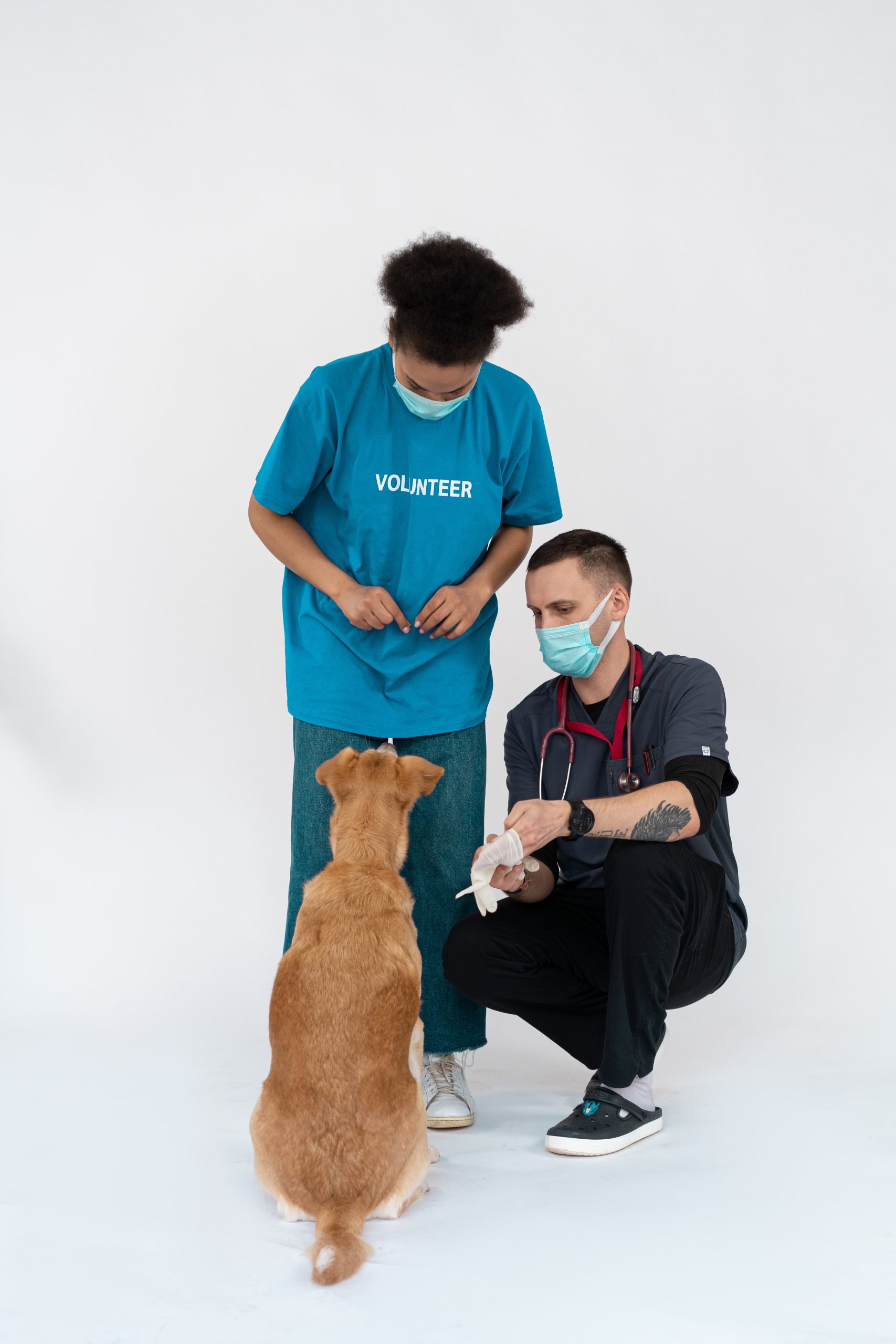When your furry companion starts acting out of sorts, it’s often quite the scare. Whether it’s a subtle whine that speaks volumes or a glaring physical injury, understanding what qualifies as an emergency could make all the difference. Emergency vet clinics stand on the frontline, ready to leap into action when our pets need it the most. Recognizing the urgency of certain symptoms and swiftly seeking professional help is not just responsible pet ownership—it can be life-saving.
The Critical Role of Timely Intervention
The difference between a close call and a heartbreaking loss can hinge on the promptness of the response. Immediate veterinarian attention in emergencies not only alleviates pain and suffering but can prevent situations from spiraling out of control. Here are a few instances where the clock is truly ticking:
- Severe bleeding or exposed wounds,
- Sudden paralysis or major injuries,
- Difficulty breathing or incessant coughing,
- Loss of consciousness or severe lethargy.
Understanding the Golden Hour
In human medicine, the ‘golden hour’ refers to the critical period post-injury, where treatment is most likely to be successful. Similarly, for pets, quick medical response can mean a world of difference for conditions like trauma, poisoning, and bloat. Entering a premier animal hospital in Turlock, CA, within this crucial timeframe dramatically increases the chances of a favorable outcome.
Common Pet Emergencies and Immediate Actions
Some emergencies are more common than others, and knowing what to do before you reach professional help can be life-saving. Here’s what to keep your eyes peeled for:
- Traumatic injuries, such as being hit by a car or a fall from a height
- Ingestion of toxic substances like chocolate, rat poison, or antifreeze
- Severe allergic reactions, manifested by swelling, hives, or difficulty breathing
How to Recognize an Emergency
Your pet relies on you to be their advocate in times of crisis. Recognizing these signs can empower you to act swiftly:
- Extreme pain, evident from wailing or aggression when touched
- Sudden disorientation or unresponsiveness to stimuli
- Intense abdominal strain or heaving without vomit
Preparing for a Pet Emergency
Preparation is your best defense when it comes to pet emergencies. A well-stocked emergency kit and a solid plan can save precious moments.
Creating an Emergency Plan for Your Pet
- Identify the nearest emergency veterinary clinic.
- Have contact info of your regular vet and a poison control hotline accessible
- Arrange a transport plan if the pet is immovable or aggressive due to pain
The Importance of 24/7 Vet Access
Sometimes, emergencies happen outside regular clinic hours. Having access to 24/7 veterinary care ensures that no matter when disaster strikes, your pet can receive the care they need promptly.
Exploring Veterinary Urgent Care in Turlock
For residents of Turlock and the surrounding area, exploring local options for veterinary urgent care in Turlock means your pet is never far from medical attention. The assurance of a nearby facility staffed with skilled professionals can provide much-needed peace of mind.
Treatment and Care During an Emergency Visit
Upon reaching the vet, a flurry of activity takes place. Your pet’s crucial first moments within the clinic’s doors are often decisive.
- Triage: Assessing the severity of your pet’s condition to prioritize care
- Stabilization: Offering pain relief and managing shock or trauma
- Diagnostic Testing: X-rays, bloodwork, and other tests to pinpoint issues
Understanding Potential Outcomes and Decisions
Emergency visits can lead to tough choices. You may have to decide about resuscitation, surgeries, or even more heart-wrenching options. An open line of communication with your vet is essential during these trying times.
The Financial Aspect of Emergency Care
The conversation around emergencies is incomplete without addressing cost. Pet emergencies can be expensive and unforeseen, adding financial strain to emotional stress.
Pet Insurance and Alternative Funding
Financial preparation is just as important as medical. Understanding your options, such as pet insurance, can help you manage costs better during emergencies.
Post-Emergency Care and Recovery
Once the immediate threat to your pet’s life has been managed, what happens next? Recovery and rehabilitation are crucial, and understanding your role in the post-emergency journey is fundamental.
At-Home Care and Prevention
After getting through an emergency, taking steps to prevent future incidents is invaluable. From pet-proofing your home to keeping harmful substances out of reach, your vigilance is the first defense against accidents and injuries.
Enhancing Pets’ Lives Through Dog and Cat Services
While veterinary emergencies can be dire, the overall well-being of your pet is also tied to regular care and comfort. Services such as grooming, dietary counseling, and exercise all contribute to a healthier, happier pet, potentially reducing the risk of medical crises.
Information on Cat and Dog Boarding
Boarding facilities can be a great option when you are away and want your pets to have constant care. To get more information on how boarding services can benefit you and your pet, consider reaching out to local kennels or vet clinics that offer these services.
Conclusion
Timely emergency vet care is a critical aspect of keeping your pets healthy and safe. The value of rapid action, thorough preparation, and aftercare cannot be overstated when it comes to emergencies. Being well-informed and ready to respond can make all the difference for your beloved pet in a moment of crisis.


